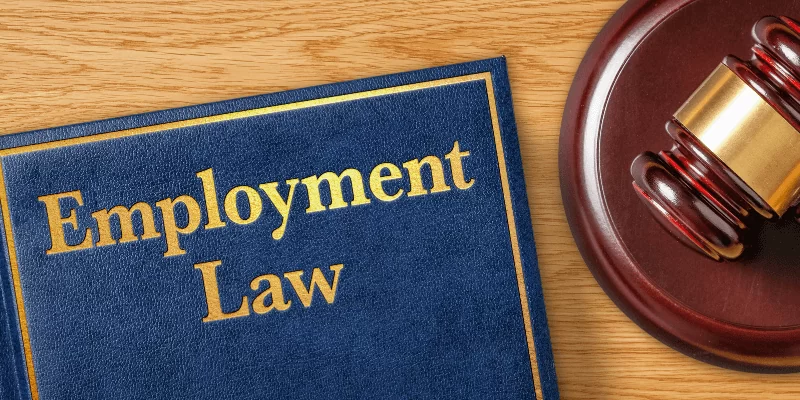
James Mallon, our HR Business Partner, has provided us with an Employment Law Update for the month of January 2022.
The Court of Appeal in Chell v Tarmac Cement And Lime Ltd held that employer be held vicariously liable for the actions of its employees when engaging in horseplay, although it was not in this case.
The Claimant was employed as a Site Fitter. There were tensions between two groups of employees. A fitter used a hammer to strike a target that he had placed on a bench close to the Claimant’s ear causing him to sustain hearing loss and tinnitus.
The Claimant argued that his employer was vicariously liable for the actions of their fitter and was liable for negligence for breaching its duty to prevent a foreseeable risk of injury.
The Court of Appeal dismissed the claims. In so doing, it had regard to the principles laid down in Lister v Hesley Hall Ltd and Muhamud v WM Morrisons Supermarket PLC. Whilst accepting that horseplay, ill-discipline, and malice could be a mechanism for causing a reasonably foreseeable risk of injury, that was not made out on the facts in this case. The fundamental question remains whether the wrongful act is sufficiently related to the conduct authorised by the employer to justify the imposition of vicarious liability.
The EAT in Wells Cathedral v Souter held that a tribunal can extend time in a discrimination claim where the Claimants have waited to issue proceedings while pursuing a grievance. However, this will not always be the case, and important factors will be:
This is good news for Claimants, who may not lose their right to bring a claim if they are strictly out-of-time. Employers will need to be aware of grievances, and not assume that a Claimant’s claim will be time-barred.
Employees, up to 26th January 2022, can now self-certify sickness for up to 28 days (previously 7 days). They only need to attend a GP for a ‘fit note’ if they have been ill for more than 28 days and have taken sick leave. This includes non-working days, such as weekends and bank holidays. This was laid down in The Statutory Sick Pay (Medical Evidence) Regulations 2021. Its intention was to reduce the pressures on GPs, whilst they were giving Booster vaccinations. Whilst it is due to end on 26th January 2021, some legal commentators are suggesting it may be extended, considering that SSP is no longer paid for by the state.
Managing disciplinary and grievance issues can be costly for an Employer. Along with their complex nature, they can also be very time consuming – and as all business owners know, time is valuable and not always easily set aside. Therefore creating and implementing the right procedures to pre-empt any form of disagreement or conflict are vital if you want to avoid Employment Tribunal claims.
HPC will provide you with advice and support for any arising issues you come to face. We can also conduct investigatory, disciplinary and grievance hearings, this service falls under ‘consulting’ hours allocated within packages. Any relevant documentation will be supplied via the Employment Law Helpline at no additional cost.
If you require assistance with an issue related to the topics discussed or have a query to discuss, get in contact with our team of HR professionals.
T: 0844 800 5932
E: contact@highperformanceconsultancy.com
Twitter: @HPC_HRServices